- This event has passed.
Celebrate National Pollinators’ Week
June 22, 2020 - June 28, 2020

While the national event only lasts a week, these organizations offer great places to visit and learn all year. Whether you have 5 minutes or an hour, enjoy online presentations and classes, videos, and activities for all ages. You can preview the flyer for the week’s planned activities here.
Download a packet prepared by the Shaker Heritage Society with links and pages for gardeners, teachers, and children to get you started!
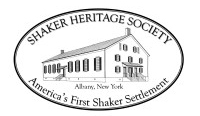 Take a family hunt in our herb garden, with 150 plants labeled according to their historic use, and visit chickens and our Kerry cows!
Take a family hunt in our herb garden, with 150 plants labeled according to their historic use, and visit chickens and our Kerry cows!

SHS will present Put Up In Papers: The Shaker Seed Industry as an online program on Wednesday 6/24 at noon and Thursday 6/25 at 7:00 pm.
Among the many inventions and innovations that contributed to the successful economy of the Shakers, the idea of selling seeds in small envelopes was one of the earliest. By 1790, the Shakers had begun to grow vegetables specifically for the production and marketing of seeds. This became one of the Shakers’ main industries.
Lorraine Weiss, Education Coordinator at Shaker Heritage Society, will present this program online via Zoom at noon on Wednesday 6/24 and again on Thursday 6/25 at 7:00 pm. Please register at Eventbrite. Donations are requested. Contact us at educator@shakerheritage.org or 518-456-7890, x 3 with any questions.
Apiculture at Watervliet
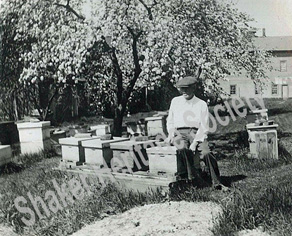
“Byron Coburn moved at least 16 beehives to the Watervliet Shakers’ South Family when the North Family closed in 1919.”
In the 1860’s the Watervliet Shakers started beekeeping in a very serious way. They bought young, fertile, Italian queen bees and set up over 100 hives all around their 4 Family sites. Giles Avery, an Elder at the Mt. Lebanon Ministry, was frequently at Watervliet for long periods of time and took the lead with beekeeping activities. From the constant work the Shakers devoted to their bees, it seems they understood their value as pollinators as well as producers of wax and honey.
Beekeeping continued with the work of Byron Coburn, who had relocated to the Watervliet North Family in 1892 when the Groveland Shaker community near Rochester closed. In 1919 he moved to the South Family along with 16 beehives. Apiculture at Watervliet will introduce you to the journal entries about Elder Avery’s beekeeping, historic photos, and a video of the Mungers’ bees.
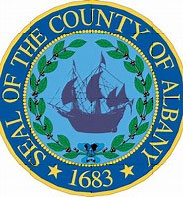
ALBANY COUNTY‘s March, 2019 resolution established the county as a pollinator friendly municipality: “Based on the imminent threat that pollinators face from the loss of habitat, climate change, and the use of pesticides, and recognizing the importance of pollinators to our environment and economy, Albany County took action to establish pollinator-friendly practices.” For information about initiatives and resources, visit the Albany County Department of Natural Resources Pollinator Storymaps website.

Albany County Historical Association | Ten Broeck Mansion will post a self-guided tour on Monday 6/22 on Facebook and Instagram that highlights the plants, trees, and shrubs that attract pollinators in the gardens of the 1798 Ten Broeck Mansion. The tour has children’s activities to do on your own (for all ages) and is free. Gardens are open free from dawn until dusk; directions at Ten Broeck Mansion website.
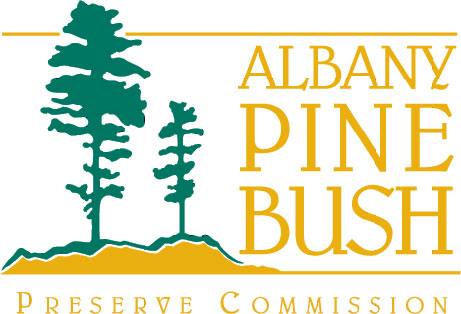
The Albany Pine Bush Preserve has a special Pollinators’ Week version of their interactive game Agents of Discovery App you can play from anywhere. The 3,350 acre preserve offers visitors 20 miles of trails. Visits should be for a solitary nature break, with non-contact outdoor recreational activities. If the preserve is crowded, choose a different trail or return another time or day. More information at their website.

Got Milkweed? Pollinator Plants! Laura Lehtonen, Managing Program Coordinator for STEM at Capital Region BOCES, talks about the characteristics of four different types of Asclepias—butterfly plants, or milkweed–you can plant in your garden. These deer-resistant plants will grow in different soil conditions and benefit native butterflies and other pollinators. Watch the video here!
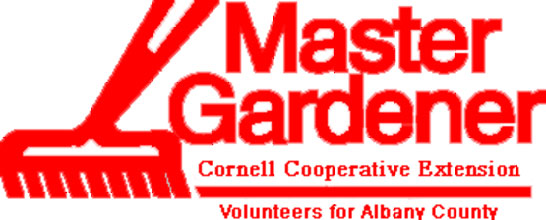
CORNELL COOPERATIVE EXTENSION OF ALBANY COUNTY has resources on soils, site improvement, plant selection, proper plant care, eco-friendly practices, integrated pest management, composting and much more! They offer free or low-cost gardening classes and tours all year long, and opportunities to share your love of gardening as a volunteer. Master Gardener Volunteers will present two 45-minute online workshops: Creating a Welcoming Garden for Hummingbirds and Butterflies on Tuesday 6/23 at 7:00 pm; and Bringing Native Plants Into Your Garden on Saturday 6/27 at 10:00 am. Register at the website. Contact Carole Henry with questions at 518-765-3516 or via email to ch878@cornell.edu.
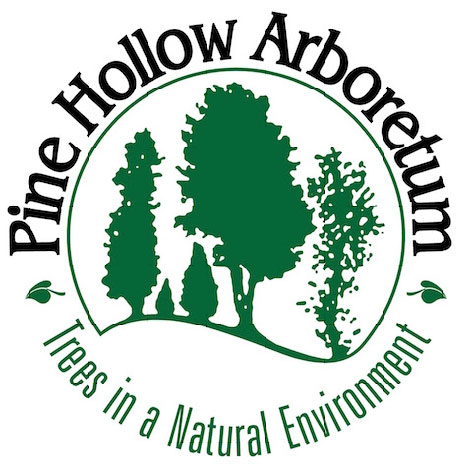
PINE HOLLOW ARBORETUM is a wonderful place to visit, whether you are looking to learn about trees from around the world, bird watch, take a hike or to simply find a quiet place to recharge after work. Visit www.pinehollowarboretum.org for more information.
Do you know the story behind the name “dandelion?” Watch the video and find out that and more in six minutes when you take a close look at dandelions. Want to see a bee harvesting pollen and nectar up close? Take a few minutes to learn more about bees.

RADIX ECOLOGICAL SUSTAINABILITY CENTER gives children and adults a hands-on educational experience to understand the main environmental issues we face today — and the tools to work toward positive solutions. They emphasize issues of food security, health, and the remediation of contaminated soils. Find information and resources on Facebook and at Radix Center.
You do not have to be on Facebook to look at videos and get information about events. If you have any questions about these programs, contact educator@shakerheritage.org.
Category: Online, Lectures, Workshops
